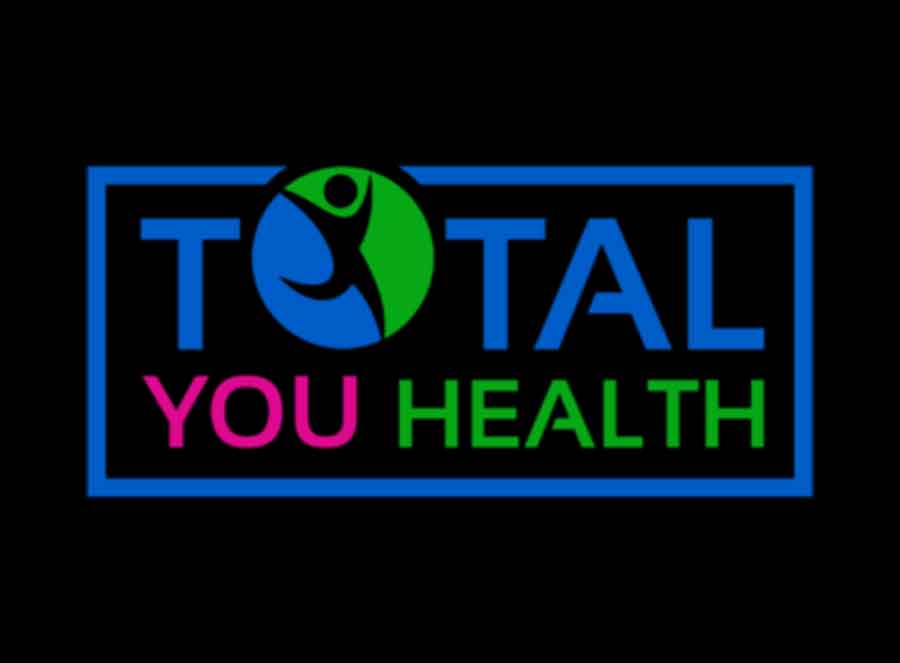Hormone balance and vitamins to take can be a complicated topic to navigate. Achieving hormone balance is essential for overall wellbeing.
Hormone balance and vitamins that can be helpful to achieve it can be a frustrating quest of trial and error. Testing to identify specific deficiencies or imbalances that may be contributing to your symptoms is a critical component to balancing your hormones.
The Role of Hormones
Hormones play a crucial role in various bodily functions, including metabolism, mood regulation, reproduction, and energy levels. When hormones are out of balance, it can lead to a range of symptoms, from fatigue and weight gain to mood swings and reproductive issues.
Hormone Balance in the Body
Various hormones within the body include insulin, cortisol, thyroid, estrogen, progesterone, testosterone, and others. Imbalances in these hormones can occur due to factors such as stress, diet, genetics, medication, and environmental toxins.
Photo by Jared Rice on Unsplash –

Symptoms of Hormone Imbalance
Some common symptoms include – fatigue, weight gain, mood swings, even depression, anxiety and more. Others are hot flashes, night sweats, hair loss, and digestive issues. One study discusses how just one hormone being out of balance can have a huge effect on women.
The Role of Vitamins in Hormone Balance
Vitamins are essential micronutrients that support body functions, including hormone production and regulation. Certain vitamins play key roles in hormone metabolism.
Vitamin D
The “sunshine vitamin” is crucial for regulating insulin, cortisol, and sex hormone levels. Adequate vitamin D levels can improve your mood, bone health, and immune function.
Vitamin B6
Enough B6 can help you produce serotonin and dopamine, which influence mood and stress levels. It also supports the metabolism of estrogen and progesterone, making it important for hormonal balance, particularly in women.
Vitamin B12
Are you low on energy? This vitamin is essential for energy production, brain health, and decrease depression.
Vitamin C
As an antioxidant, vitamin C helps combat oxidative stress and inflammation, which can disrupt hormone balance. It also supports adrenal gland function and cortisol regulation, particularly during times of stress.
Magnesium
Magnesium is involved in over 300 reactions in the body, including hormone synthesis and metabolism. It plays a role in insulin sensitivity, cortisol regulation, and neurotransmitter function.
Determining the Right Vitamins to Take
It’s important to determine which vitamins may be beneficial for your unique needs. Do you feel your hormones are out of balance? Why not get tested to see if you have deficiencies that may be contributing to your symptoms?
Diet’s Role in Achieving Hormone Balance
Focus on nutrient-rich foods. Obtaining nutrients from eating a variety of fruits, vegetables, lean proteins, and healthy fats is always preferred.
Lifestyle Choices
Addressing stress, sleep issues, exercise, and exposure to environmental toxins is essential for hormone balance. Supplements should complement a healthy lifestyle instead of substituting for it.
Conclusion
Achieving hormone balance involves addressing lifestyle factors, including diet, exercise, stress management, and sleep. Vitamins play a crucial role in supporting hormone balance by helping with metabolism and hormone regulation.
By understanding the relationship between hormones and vitamins and choosing the right supplements based on individual needs, you can optimize your hormonal health and overall well-being. Take control of your hormones today by nourishing your body with the vitamins and nutrients it needs to thrive.



